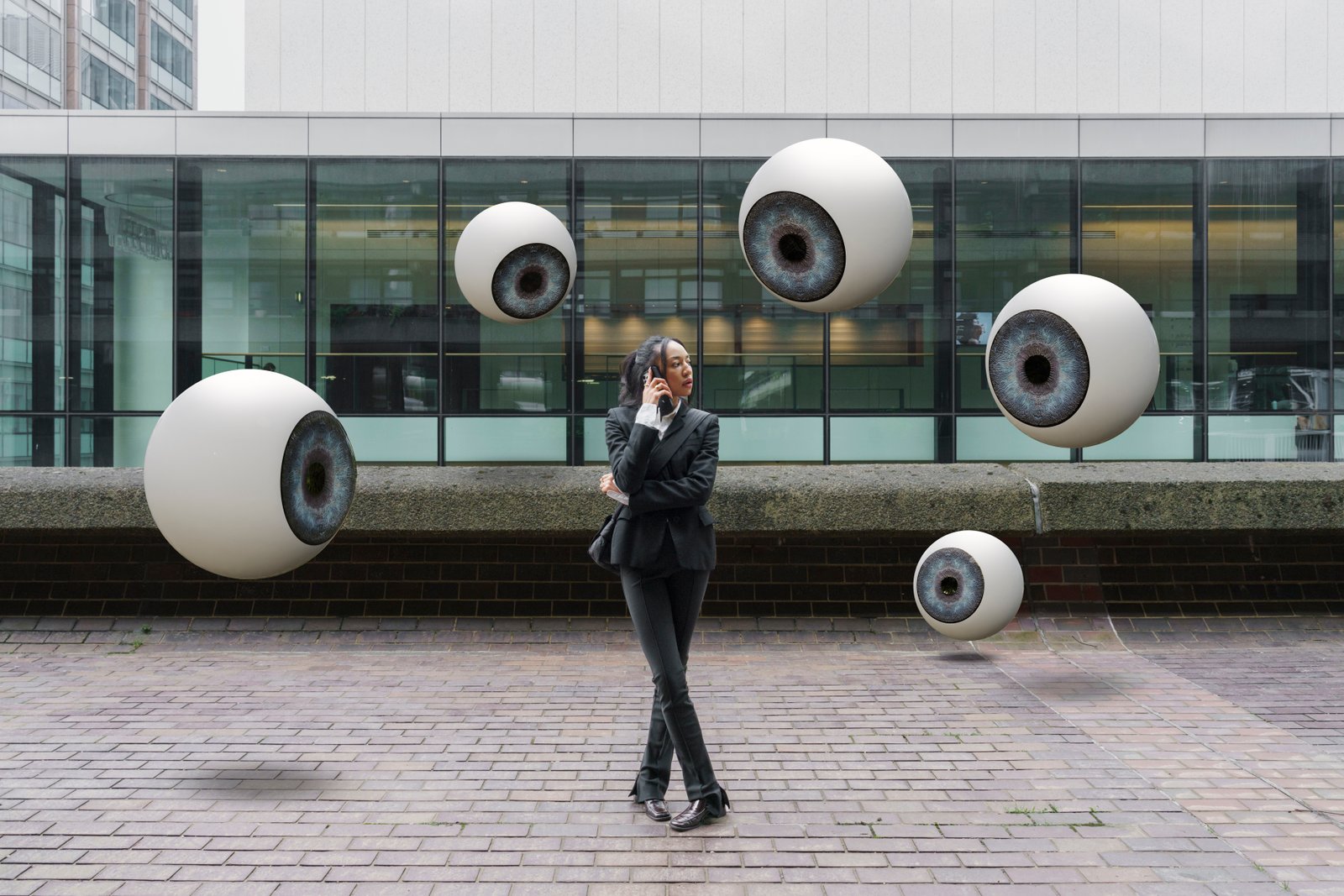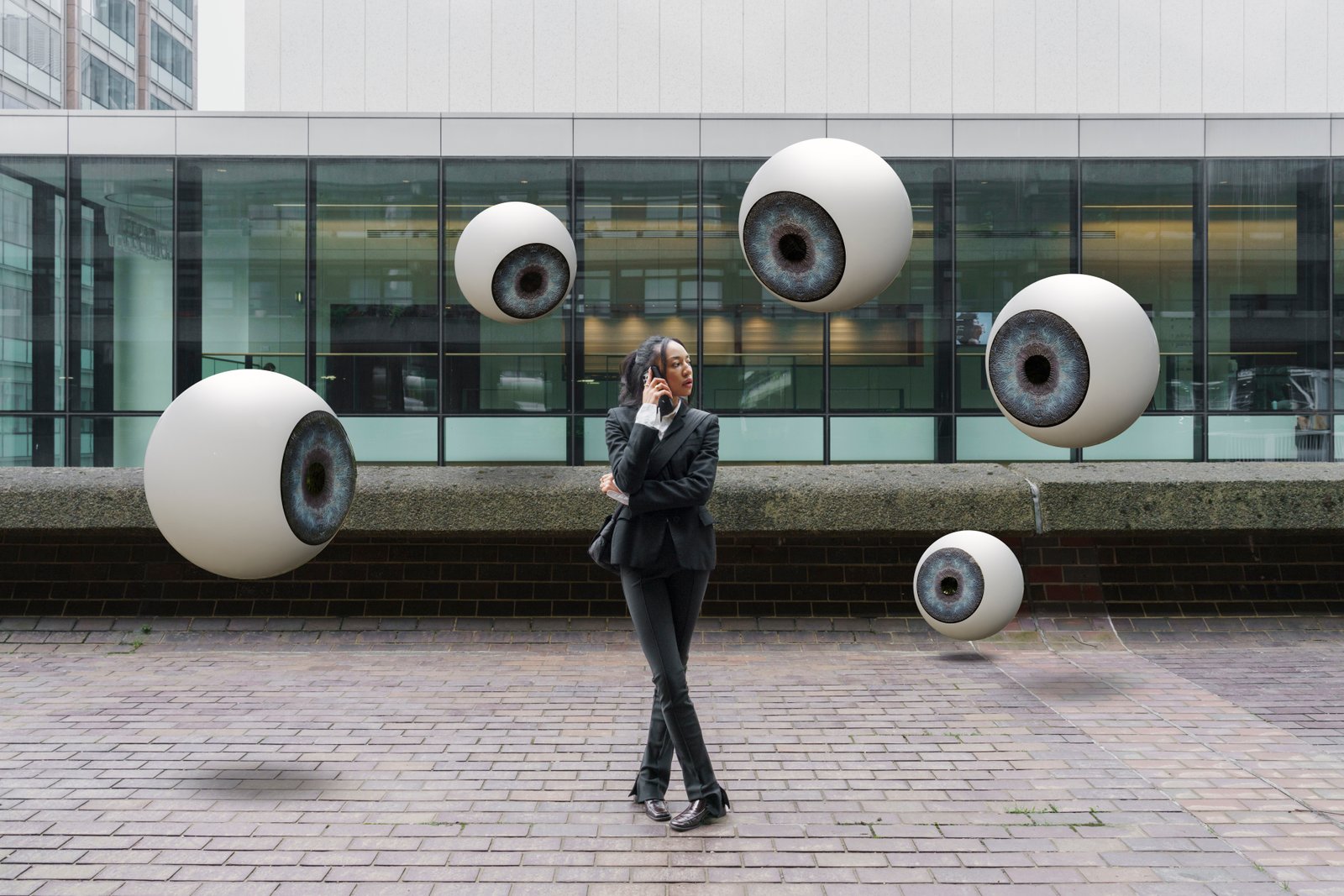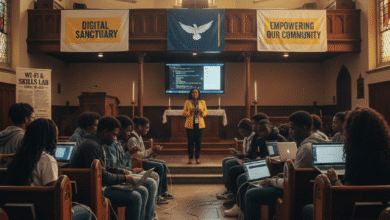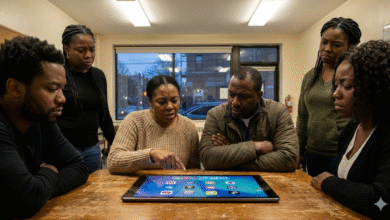
Digital Eyes, Enduring Bias: How Surveillance Tech Threatens New Jersey’s Black Community
Newark, NJ – In the ongoing story of technology’s role in New Jersey, a darker chapter is being written—one not of innovation and opportunity, but of observation and suspicion. Across the state, and particularly in its largest city, the rapid deployment of surveillance technology is raising profound questions about privacy, civil liberties, and the amplification of racial bias. The narrative of tech as a benign tool for public safety is colliding with the lived reality of Black residents, for whom the watchful eye of authority has often been a source of peril, not protection.
This updated report focuses on the proliferation of surveillance in New Jersey, using a controversial program in Newark as a central case study of how new technologies can threaten to entrench old biases.
The Newark Experiment: Crowdsourcing Surveillance in a Majority-Black City
While innovators build and corporations expand, another, more troubling technological story is unfolding on the streets of Newark. The city has implemented a “Citizen Virtual Patrol” program, a digital policing initiative that gives the public real-time access to a network of dozens of city-owned surveillance cameras. The program, championed by Mayor Ras J. Baraka, is framed as a modern-day neighborhood watch, a tool to “help reduce crime and help get our residents involved in engaging the police.” Any person with an internet connection can register and begin monitoring public spaces, encouraged to call in tips about suspicious activity.
This program has drawn fierce and sustained opposition from the American Civil Liberties Union (ACLU) of New Jersey, which has labeled it a “disturbing, real-time video feed” that dangerously “crowdsources its police force.” The ACLU’s critique is a stark warning about the weaponization of technology against a community of color. Their concerns are grounded in three areas. First is the profound invasion of privacy. The program creates a “mass surveillance scheme” where the daily movements of every resident—when they leave home, who they meet, where they go—can be tracked by any anonymous user, creating immense risks for vulnerable populations.
The Peril of the Untrained Eye: Technology as a Vector for Bias
The most critical danger of the Citizen Virtual Patrol program lies in its high potential for amplifying racial bias. The program outsources the complex and sensitive work of policing to “untrained civilians” who are likely to act on their own implicit biases. In a nation grappling with the deadly consequences of biased citizen encounters, critics have warned that the program could enable “an army of George Zimmermans,” empowering individuals to view their Black neighbors with suspicion and report them to law enforcement.
This concern is magnified by Newark’s own troubled history. A 2014 Department of Justice investigation into the Newark Police Department (NPD) delivered a damning assessment, finding that approximately 75% of pedestrian stops by NPD officers were unconstitutional, with Black residents being disproportionately targeted. The DOJ concluded that the department engaged in a pattern of violating the constitutional rights of its citizens. The Citizen Virtual Patrol, in this context, is not merely a neutral tool; it risks deputizing a civilian population to engage in the same type of biased observation that the NPD was federally sanctioned for, potentially funneling a new stream of prejudiced tips to a department still under a federal consent decree to reform.
A Misallocation of Priorities and a Threat to Reform
Finally, the ACLU and other critics argue that the program represents a grave misallocation of resources and priorities. At a time when Newark should be wholly focused on implementing the reforms mandated by the consent decree—building trust, ensuring constitutional policing, and addressing root causes of crime—the city is instead investing in a surveillance system that civil liberties experts believe will only exacerbate those problems.
The Citizen Virtual Patrol program thus positions Newark at the center of a national debate over security versus civil liberties. It serves as a powerful cautionary tale for all of New Jersey. The story is no longer just about cameras on street corners; it’s about who is watching, what biases they hold, and how technology can become a tool that threatens the very community it purports to protect. For New Jersey’s Black residents, the promise of safety through surveillance rings hollow when the technology itself risks becoming the newest chapter in a long history of being unjustly watched.







One Comment